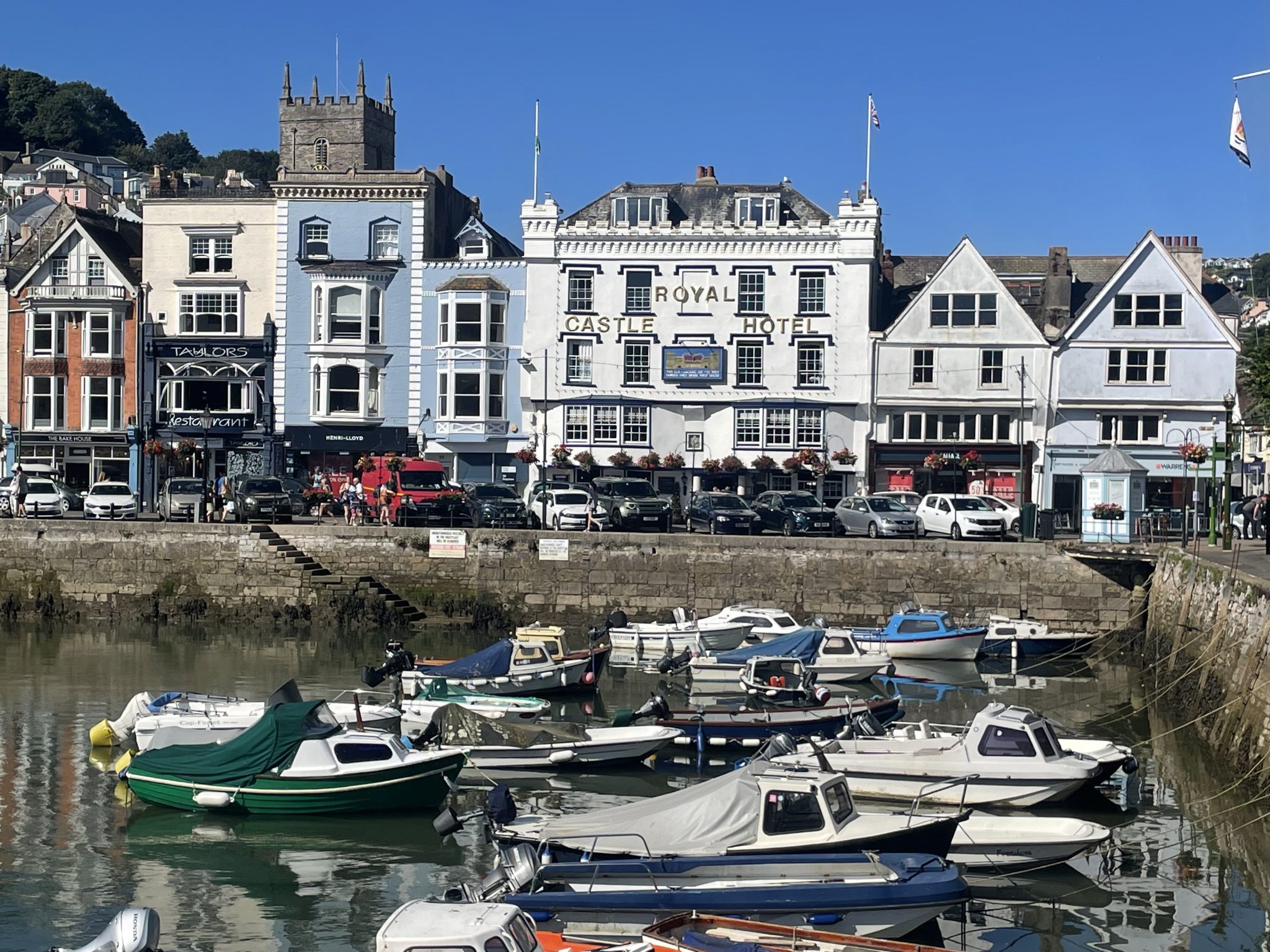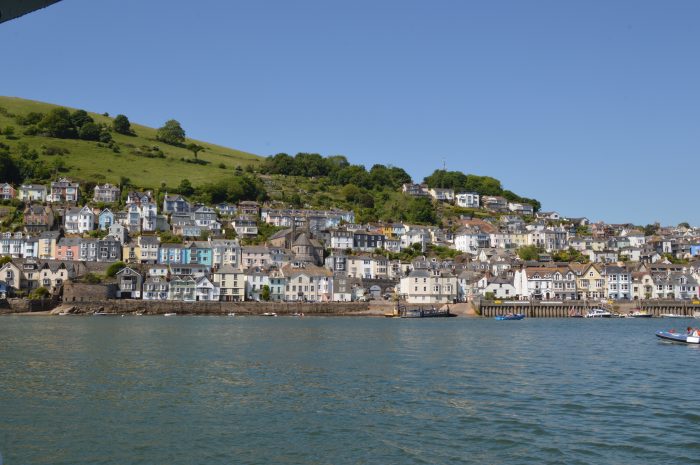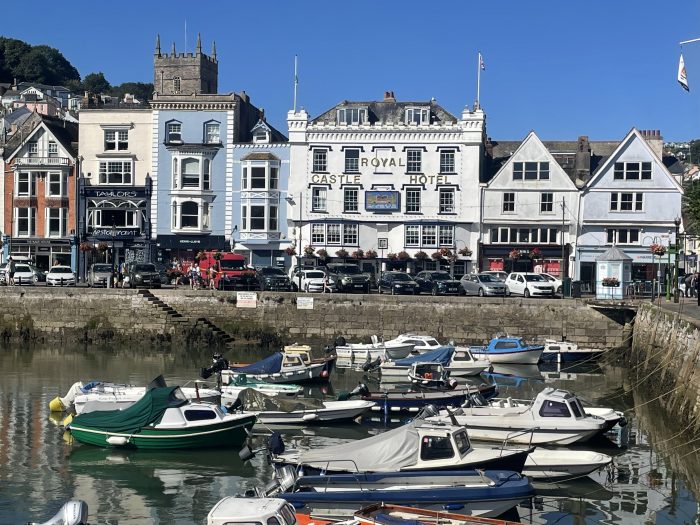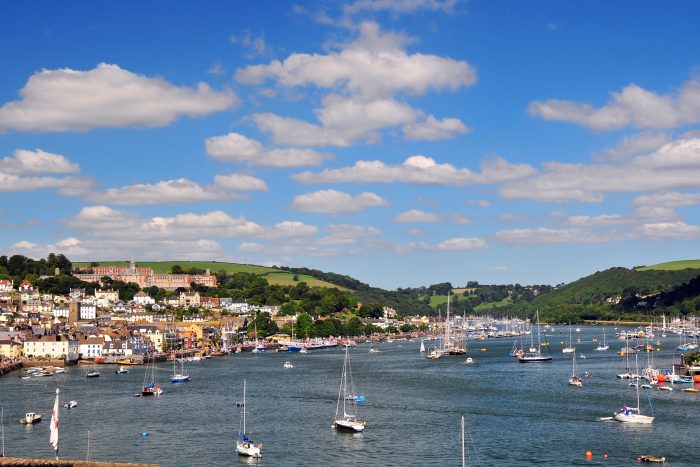Guest Blog Post
Dartmouth is a town in southwestern England with a rich history. It is ideal for combining travel and learning. Here, every street, fort, and waterfront can become a living textbook on maritime history, architecture, and local culture. So, let’s dive into specific locations in Dartmouth and learn about educational opportunities. Turn your trip into a profound learning experience.
Dartmouth as a Historical and Cultural Heritage Site
This is a port town with a long maritime tradition. Its location at the mouth of the Dart River has shaped its trade, defence, and craft development. It was here that shipbuilding and maritime navigation developed. Architectural layers from the Middle Ages to the Victorian era have been preserved in the form of narrow streets, old warehouses, and trading houses. A visit to Dartmouth can be a field for practical research. In particular, for observing urban morphology, analysing Butterwalk facades, or working with museum materials. This approach is consistent with the concept of educational tourism. After all, travel becomes part of the learning process and complements academic skills with practical ones.
Dartmouth’s architectural and cultural heritage helps to see how history comes to life in the city. At the same time, during such trips, students are faced with the need to structure their own observations. They also need to take notes or format them in accordance with academic requirements. Not everyone can do this right away. This is where a suitable service that offers tools for editing, checking uniqueness, and working with sources can come in handy. The main thing is to choose a reliable resource. The PapersOwl platform is just that. Using such a resource will allow you to focus on the main thing — analysing the collected material and developing critical thinking. Leave the rest of the work to experts in their field, who are specialists in writing essays and academic papers of varying levels of complexity.
Uncovering the Past. Historical Landmarks
Dartmouth Castle
This is a fortress that guarded the entrance to the river mouth for over six centuries. Its exhibitions and installations recreate the naval history and role of the port in defending the coast. Visitors can:
- Explore archaeological layers;
- View restored artillery positions.
This makes the location ideal for military history assignments or museum education projects.
Bayard’s Cove Fort
This Tudor fort from the Henry VIII era is located right on the water. Its design and location illustrate local defense strategies from centuries past. It is useful for comparative studies of fortifications in Southwest England.
Butterwalk and Dartmouth Museum
The 17th-century merchant houses, timber-framed gables, and museum exhibits provide material for topics such as:
- Global trade networks;
- Local economies;
- Life in coastal towns.
For projects on art history or restoration, Butterwalk is a striking example of wooden architecture that survived bombing and restoration.
Maritime Heritage
Britannia Royal Naval College has been training Royal Navy officers since the 1860s. College tours and themed lectures cover topics such as:
- Military history;
- Leadership;
- Organizational psychology.
Training activities can be organized here, including:
- Temporary modelling of team interaction;
- Study of navigation practices;
- Analysis of historical sources.
Interactive routes
The Dartmouth Steam Railway and river cruises on the Dart offer a unique combination of natural landscape and technical history. Travelling by steam train along the coast, you can discuss industrialisation, transport networks and technical developments in the 19th and 20th centuries.
Walks on the PS Kingswear Castle are an example of the preservation of living technical heritage. Such routes are ideal for interdisciplinary classes in history, geography, and engineering.
The Port of Dartmouth Royal Regatta provides a context for studying folk culture, the economic impact of tourism, and the organization of mass events.
Organization of Educational Tours for Students and Educational Travel
Plan visits so that each day combines trips to different places and practical tasks:
- Field notes;
- Collection of named sources;
- Interviews with local experts.
This balance between fun and education promotes better memorization of material and develops critical thinking.
Examples of tasks. Assessment
Suggested tasks:
- Conduct mini-research on trade routes and visualize them on a map;
- Interview a local guide and analyse oral history methods;
- Prepare a curated mini-exhibition from museum exhibits.
For assessment, apply rubrics that consider the depth of analysis, the criticality of conclusions, and the quality of presentation of results.
Training activities should be realistic and safe. Use digital tools to improve the scientific quality of the work.
Sample three-day itinerary for a learning journey
Day 1
Sightseeing tour of the waterfront. Visit to the Dartmouth Museum and Butterwalk.
Day 2
Morning cruise on the River Dart and trip on the Dartmouth Steam Railway. Followed by a visit to Bayard’s Cove Fort and a themed lecture on fortifications.
Day 3
Excursion to Britannia Royal Naval College with practical training activities on leadership and navigation. Final presentations and reflection.
Conclusion
Dartmouth is an example of how travel can become a comprehensive educational practice. The combination of the city’s real historical fabric, museums, maritime infrastructure, and living traditions makes it ideal for interdisciplinary programs. Plan ahead. Use local resources. Engage local experts. And your trip will turn into a real learning journey that will leave material for real research. Take notes. Let your trip be a real learning breakthrough.







